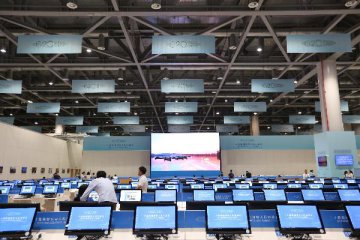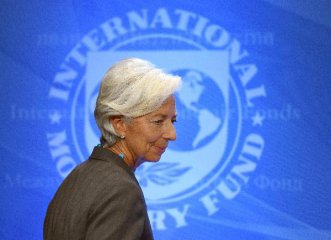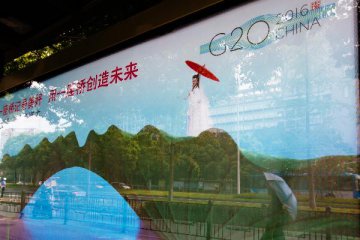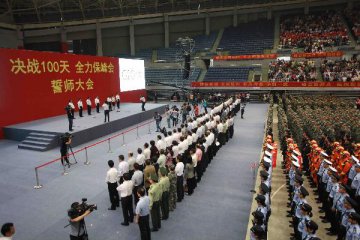
The membership of the Group of 20 (G20) leading economies, the premier platform for international economic cooperation, shows how different the world is now compared with merely decades ago.
However, the global economic and financial governance architecture is yet to catch up. Some progress has been made, particularly in the International Monetary Fund (IMF), but changes have been too slow.
For global financial governance to be more balanced and reflective of the real world, further hurdles have to be cleared. High hopes are pinned on the upcoming G20 summit in the eastern Chinese city of Hangzhou to make this happen earlier.
In contrast to the Group of Seven, a rich-world club that used to dictate global economic policy-making, about half of the G20 members are emerging economies, which reflects the evolution of the global economic landscape.
The IMF, the World Bank and the General Agreement on Tariffs and Trade -- the precursor of the World Trade Organization -- were established after World War II as key pillars of the global economic and financial architecture. Despite the evolving world economic landscape, the developed economies still retain their disproportionate voting share in the IMF, with the United States wielding a veto. And the tradition remains for the World Bank to be headed by a U.S. citizen and the IMF by a European.
The IMF finally implemented a substantial quota and governance reform plan last year, but that came only after five years of delay. The United States were reluctant to endorse the re-allocation of quota away from the advanced economies to emerging ones.
In view of the rapidly evolving economic landscape, even IMF Managing Director Christine Lagarde agrees that there is a need for further rounds of IMF quota and governance reviews.
The emerging economies have their legitimate concerns. They have been underrepresented in global financial governance, while their developed peers have a disproportionately big say, often leading to decisions disadvantageous to the emerging economies.
For instance, the United States has reaped great benefits from the reserve currency status of the U.S. dollar, but many of the emerging economies have had to suffer the negative spillovers of U.S. dollar interest rate changes.
The IMF has also been criticized for its role and inaction in international financial crises affecting primarily the emerging economies. Redressing the imbalance requires a change in the mindset and approach of the United States and other developed economies.
In a world troubled with slow economic growth and easy money in the developed economies, beggar-thy-neighbor policies cannot be sustained and should be ditched.
The emerging economies should be allowed to have more say in global financial and economic governance, and the selection process for top management at the IMF and the World Bank should be opened up.
Knowing that they are vulnerable standing alone, the emerging economies tend to seek cooperation and are more willing to accommodate the interests of others. Their input will help reduce bad policy-making and put emphasis on crisis management and, more importantly, crisis prevention and economic development.
As the premier forum for international economic governance, the G20 has an unshirkable role to play in further improving global economic and financial governance. It is high time that G20 leaders join hands and act now.
























Latest comments